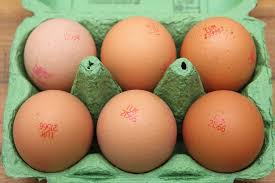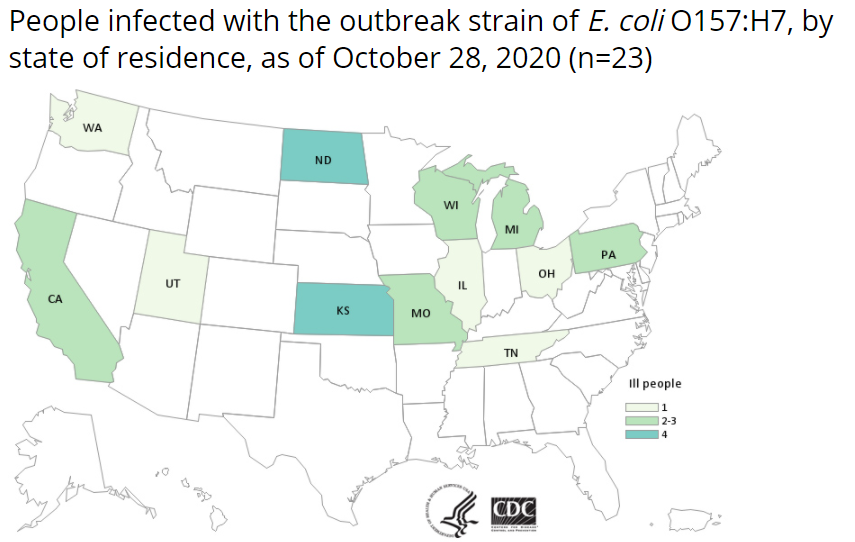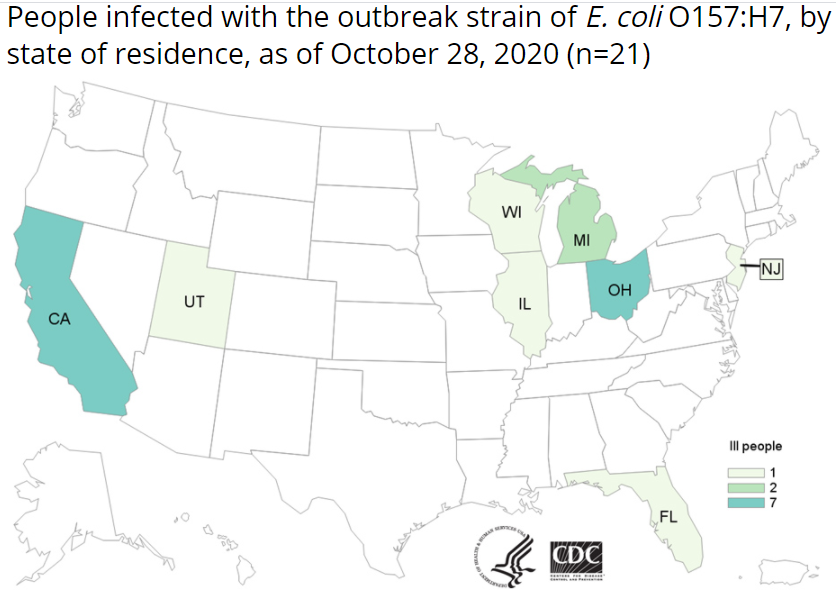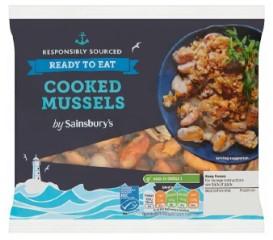The FSA is issuing precautionary advice to consumers who have purchased a specific batch of British Lion eggs contaminated with Salmonella. The eggs were sold in some Sainsbury’s, Aldi, and Asda supermarkets in England and Wales in packs of 6, 10, 12, and 15 eggs. A small number of eggs may be contaminated with Salmonella due to it being found in the environment. The eggshell surface might also be contaminated. The FSA warns consumers to cook the eggs thoroughly, meaning that the egg yolks and whites should not be eaten runny. Thorough cooking will eliminate Salmonella and avoid the risk of illness. Since mid-June 2020, 23 people have been infected with a strain of Salmonella Enteritidis, linked to poultry products, primarily table eggs, in the UK. @ https://www.food.gov.uk/news-alerts/news/fsa-issues-precautionary-safety-and-handling-advice-for-specific-eggs
ruth
Precautionary advice to consumers who have purchased a specific batch of British Lion eggs which may be contaminated with salmonella.
ruth
CDC, public health, and regulatory officials in several states, and the FDA investigate a multistate outbreak of E. coli O157:H7 infections. As of October 28, 2020, a total of 23 people infected with the outbreak strain of E. coli O157:H7 have been reported from 12 states (California (2), Illinois (1), Kansas (4), Michigan (2), Missouri (2), North Dakota (4), Ohio (1), Pennsylvania (2), Tennessee (1), Utah, (1), Washington (1), and Wisconsin (2)). Illnesses started on August 17, 2020. Of 15 ill people with information available, 10 hospitalizations have been reported, including 2 people who developed hemolytic uremic syndrome (HUS). No deaths have been reported. Of the 13 people interviewed to date, all reported eating various types of leafy greens, like iceberg lettuce (9), romaine lettuce (8), mixed bag lettuce (6), and spinach (9). This outbreak is caused by the same strain of E. coli O157:H7 that caused an outbreak in romaine lettuce in 2019. A specific food item has not yet been identified as the source of this outbreak. CDC is not advising people to avoid any particular food at this time. @ https://www.cdc.gov/ecoli/2020/o157h7-10-20b/index.html
Investigation Notice: A multistate outbreak of E. coli Infections in 12 States
CDC, public health and regulatory officials in several states, and the FDA are investigating a multistate outbreak of E. coli O157:H7 infections. WGS showed that bacteria isolated from ill people were closely related genetically. As of October 28, 2020, a total of 21 people infected with the outbreak strain of E. coli O157:H7 have been reported from eight states (California (7), Florida, Illinois, Michigan (2), New Jersey, Ohio (7), Utah, and Wisconsin). Illnesses started on dates ranging from June 6-October 5, 2020. Of 16 ill people with information available, 8 hospitalizations have been reported, including 1 person who developed hemolytic uremic syndrome (HUS), a type of kidney failure. One death has been reported from Michigan. The strain of E. coli O157:H7 causing illness in this outbreak has previously caused outbreaks linked to different sources, including an outbreak of romaine lettuce in 2018. A specific food item has not yet been identified as the source of this outbreak. CDC is not advising people to avoid any particular food at this time. @ https://www.cdc.gov/ecoli/2020/o157h7-10-20a/index.html
Investigation Notice: A multistate outbreak of E. coli Infections in 8 States
ruth
The UK Food Standards Agency announced that Sainsbury’s supermarket chain recalled frozen Sainsbury’s cooked mussels because Salmonella has been found in some of the products. The product recalled is Sainsbury’s Cooked Mussels frozen 300g packs (batch code 2653152 and a best before September 8, 2021). Point of sale notices will be displayed in all retail stores selling this product, explaining why the product is being recalled. The FSA issues Product Withdrawal Information Notices and Product Recall. @ https://www.food.gov.uk/news-alerts/alert/fsa-prin-50-2020




